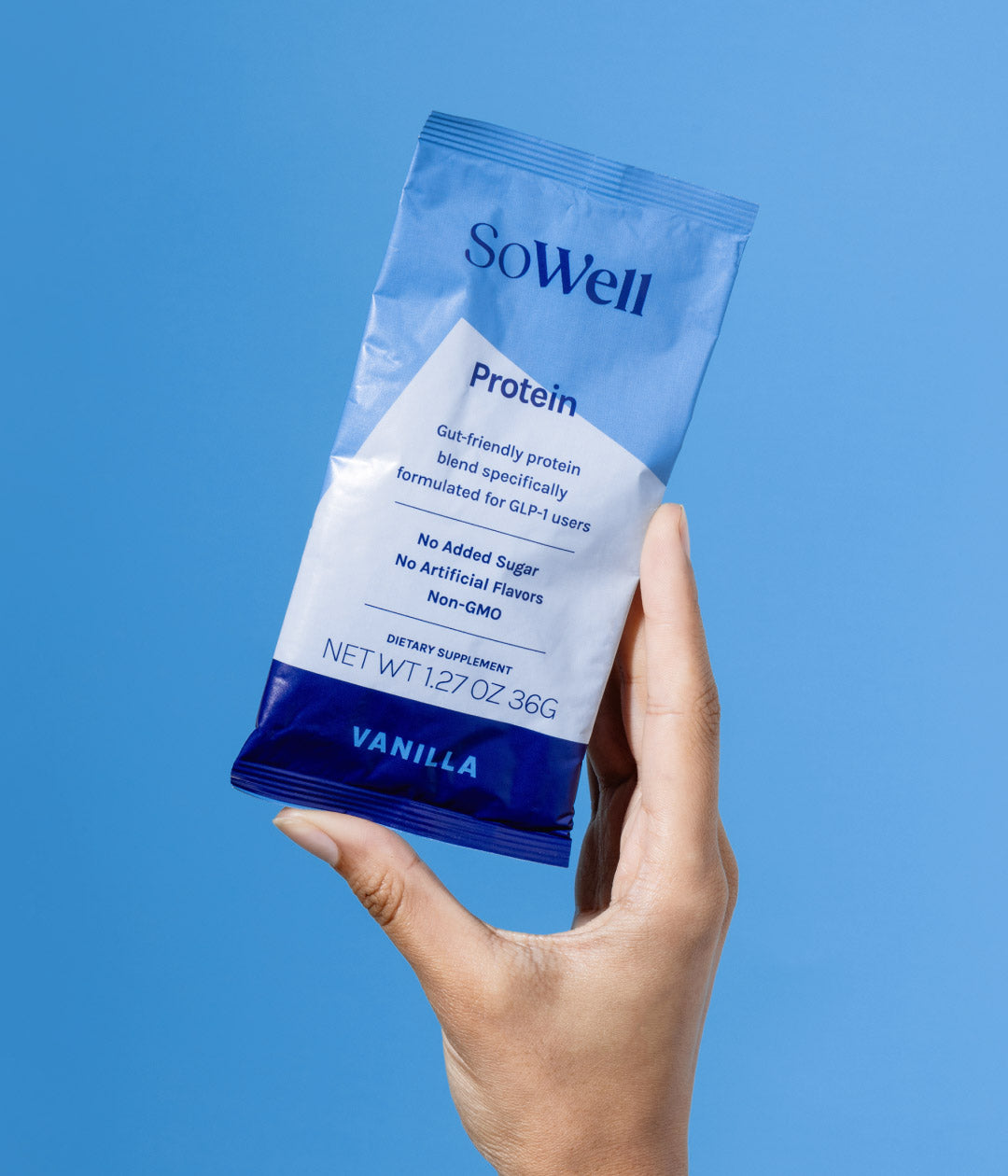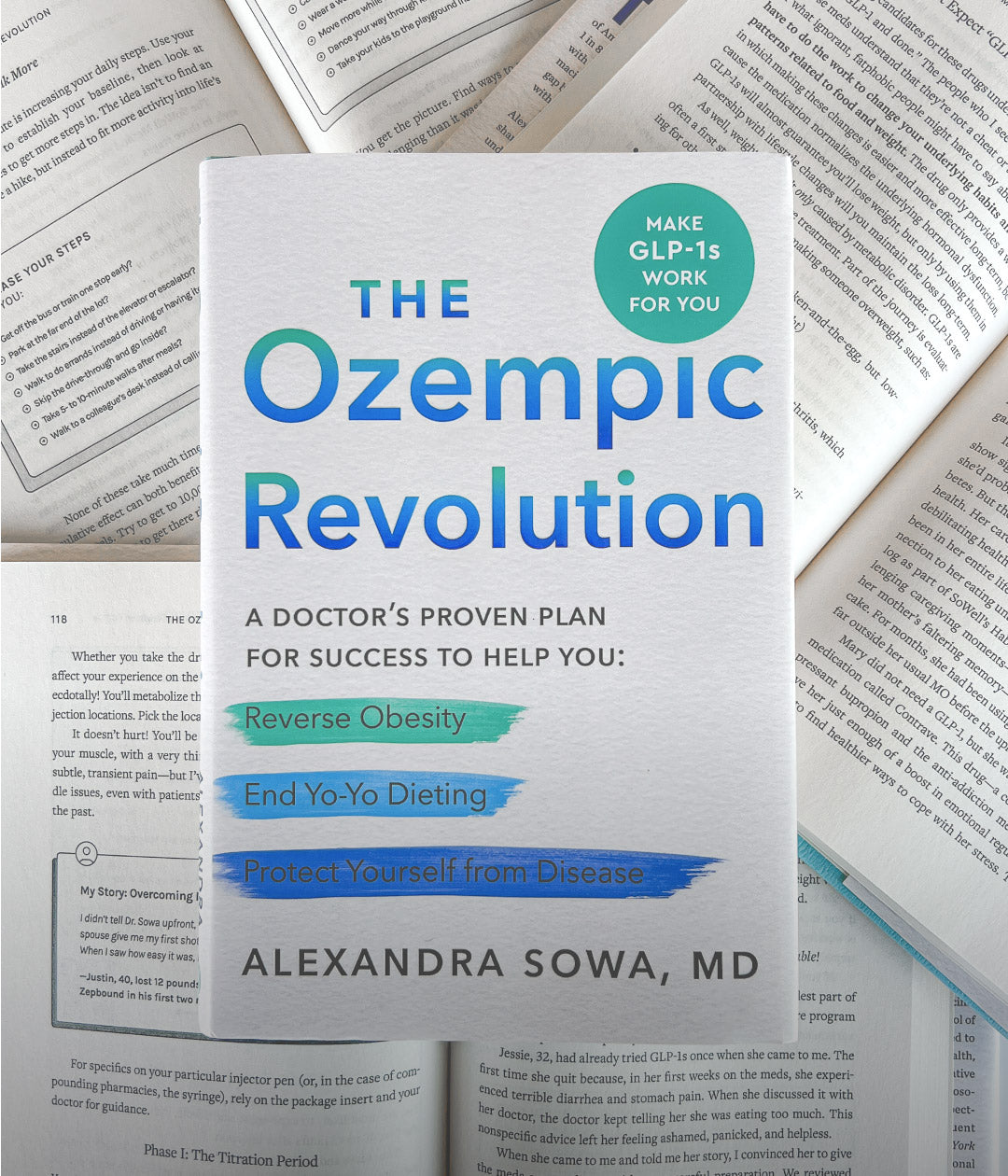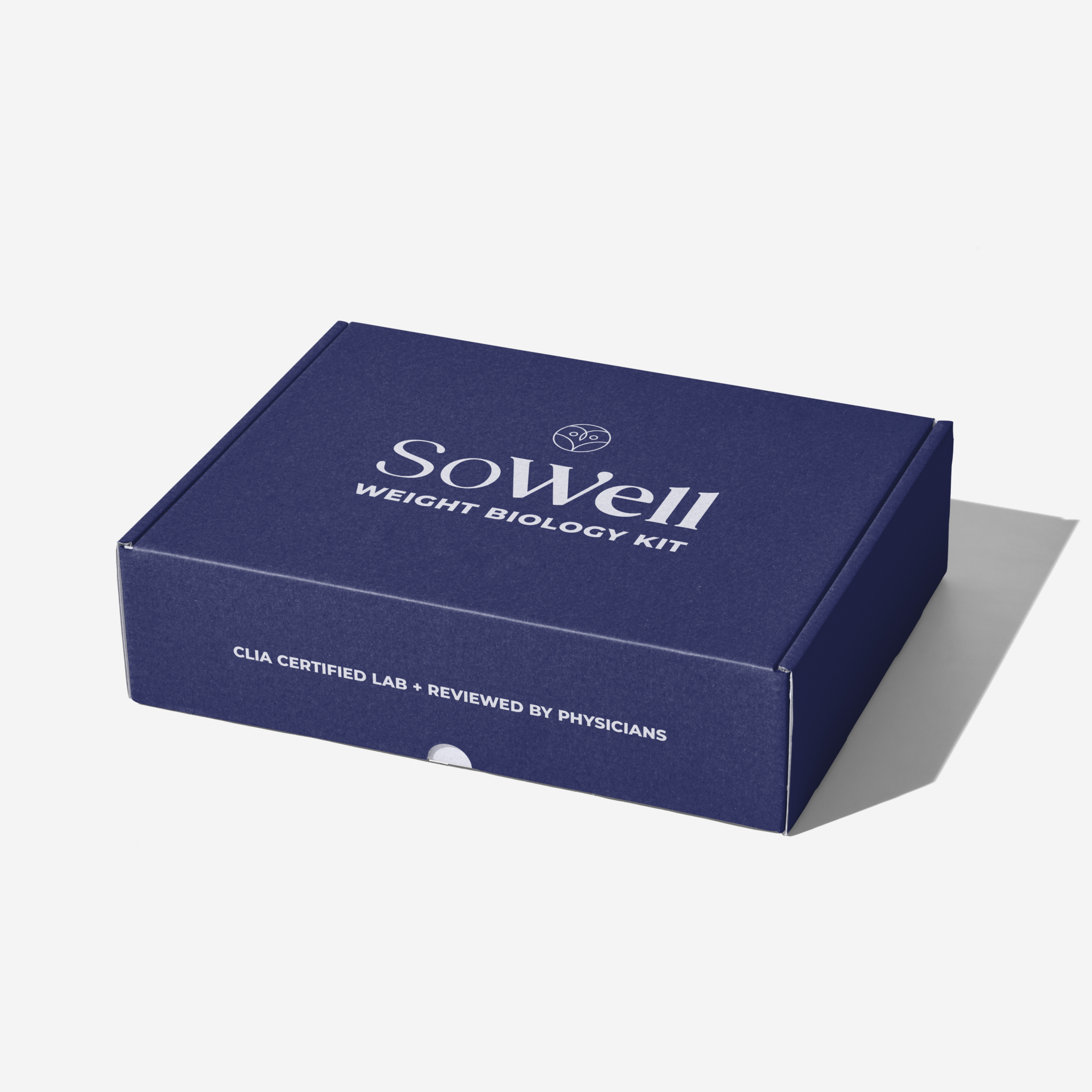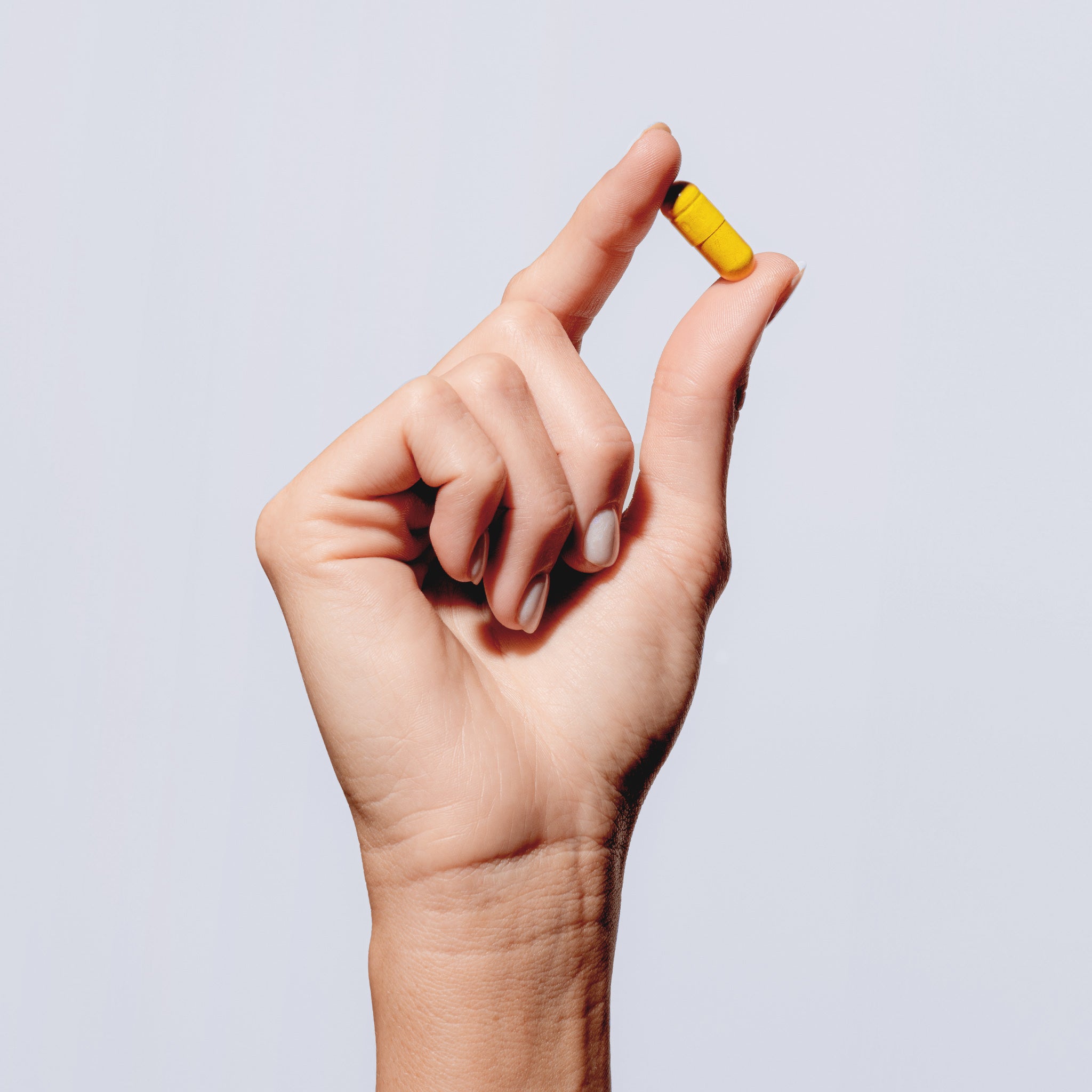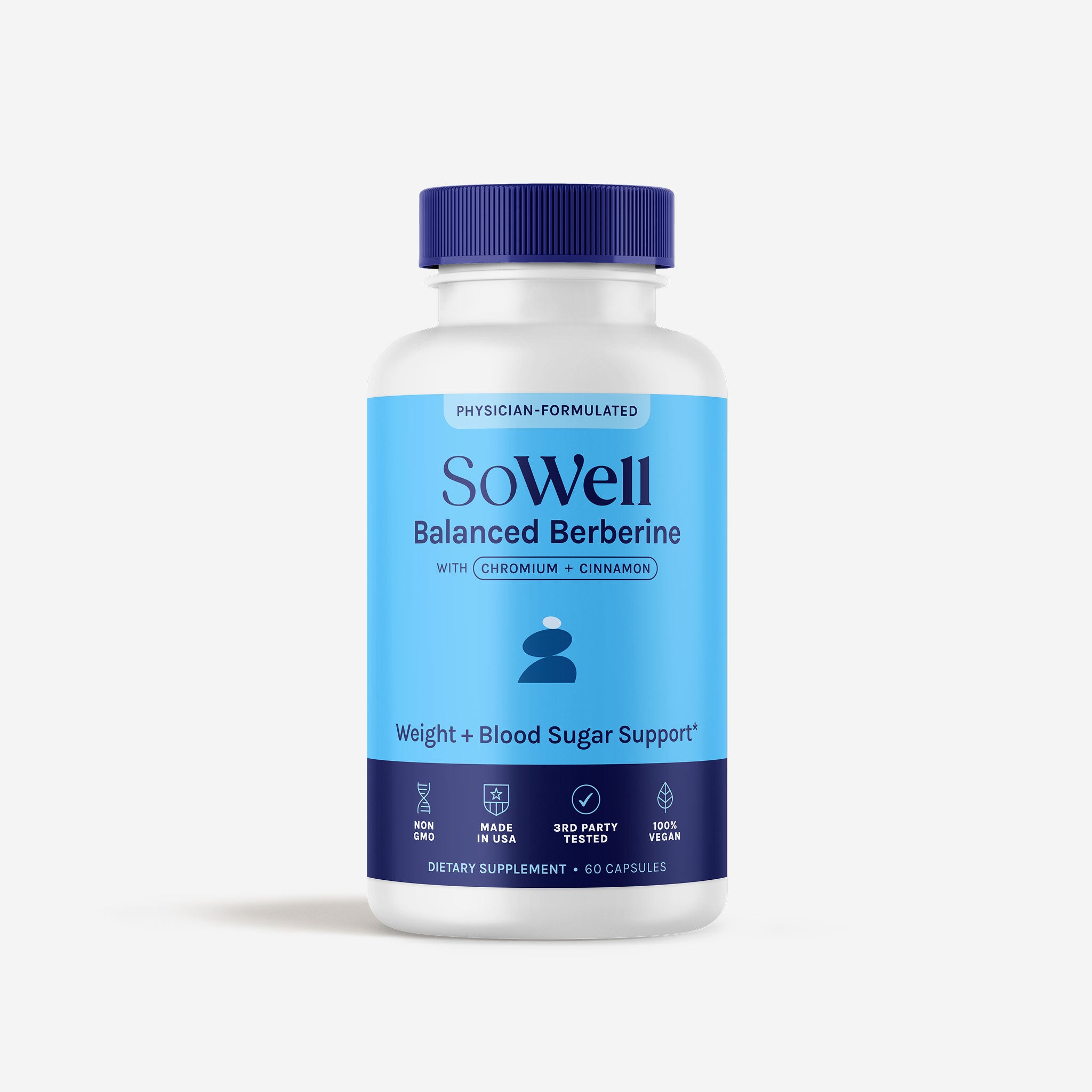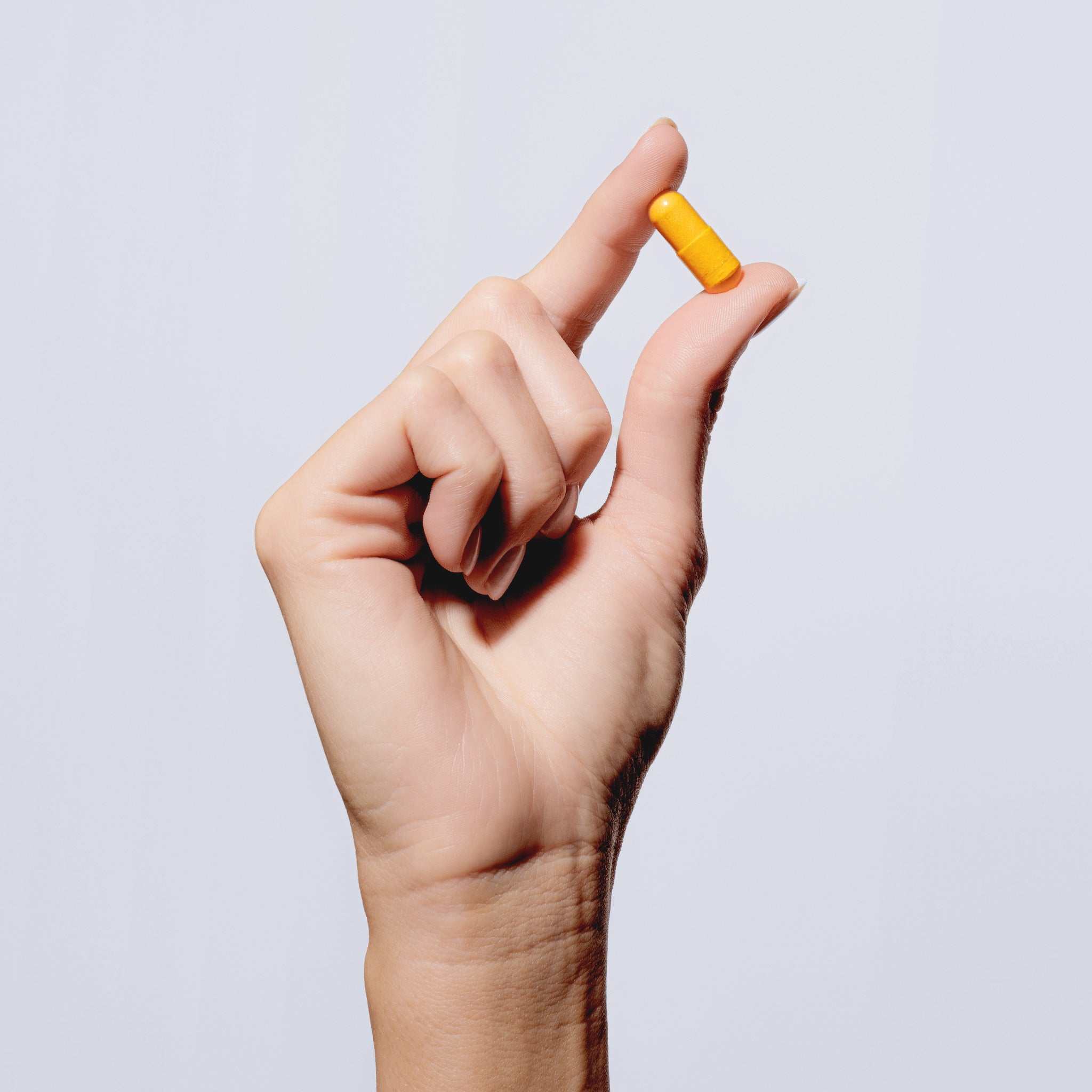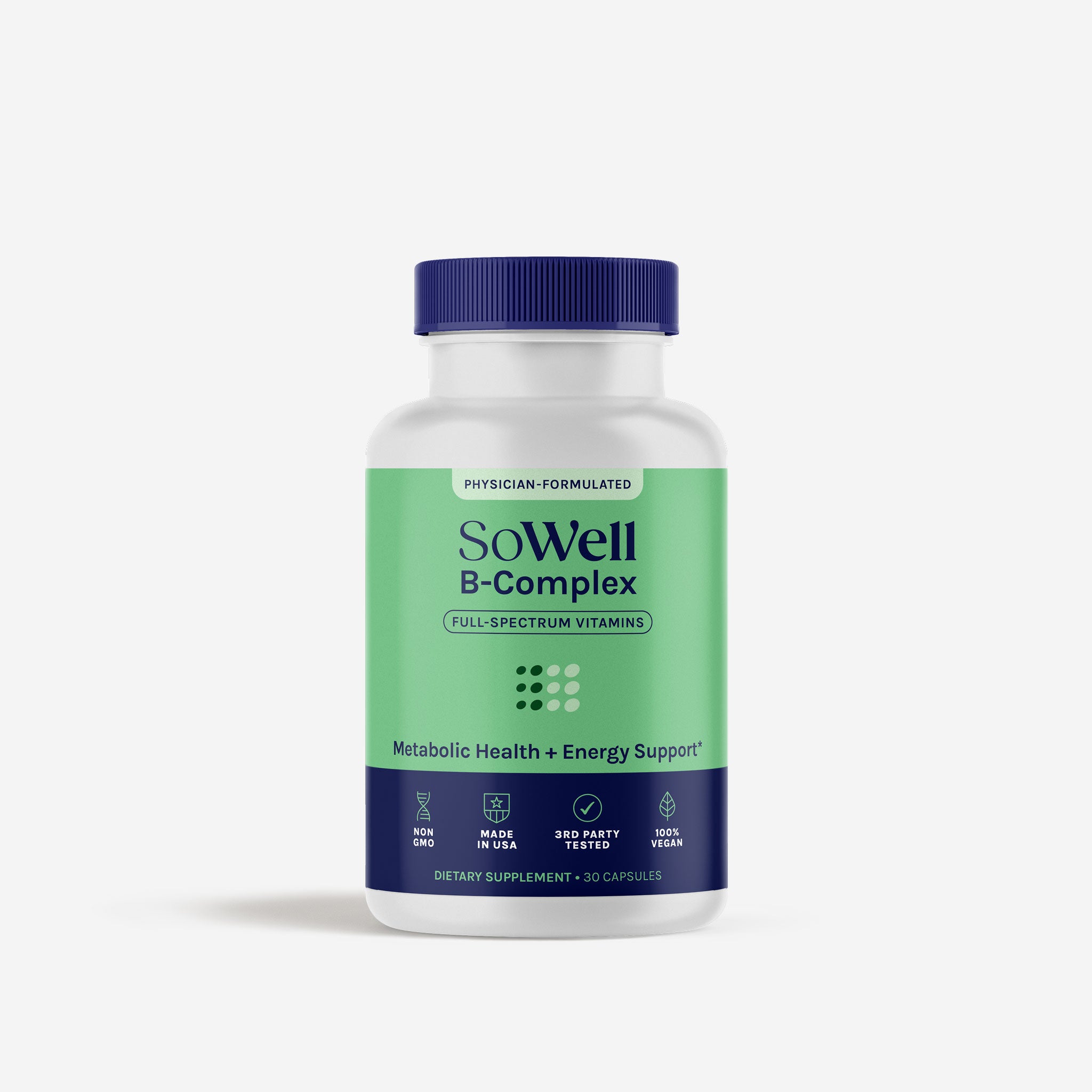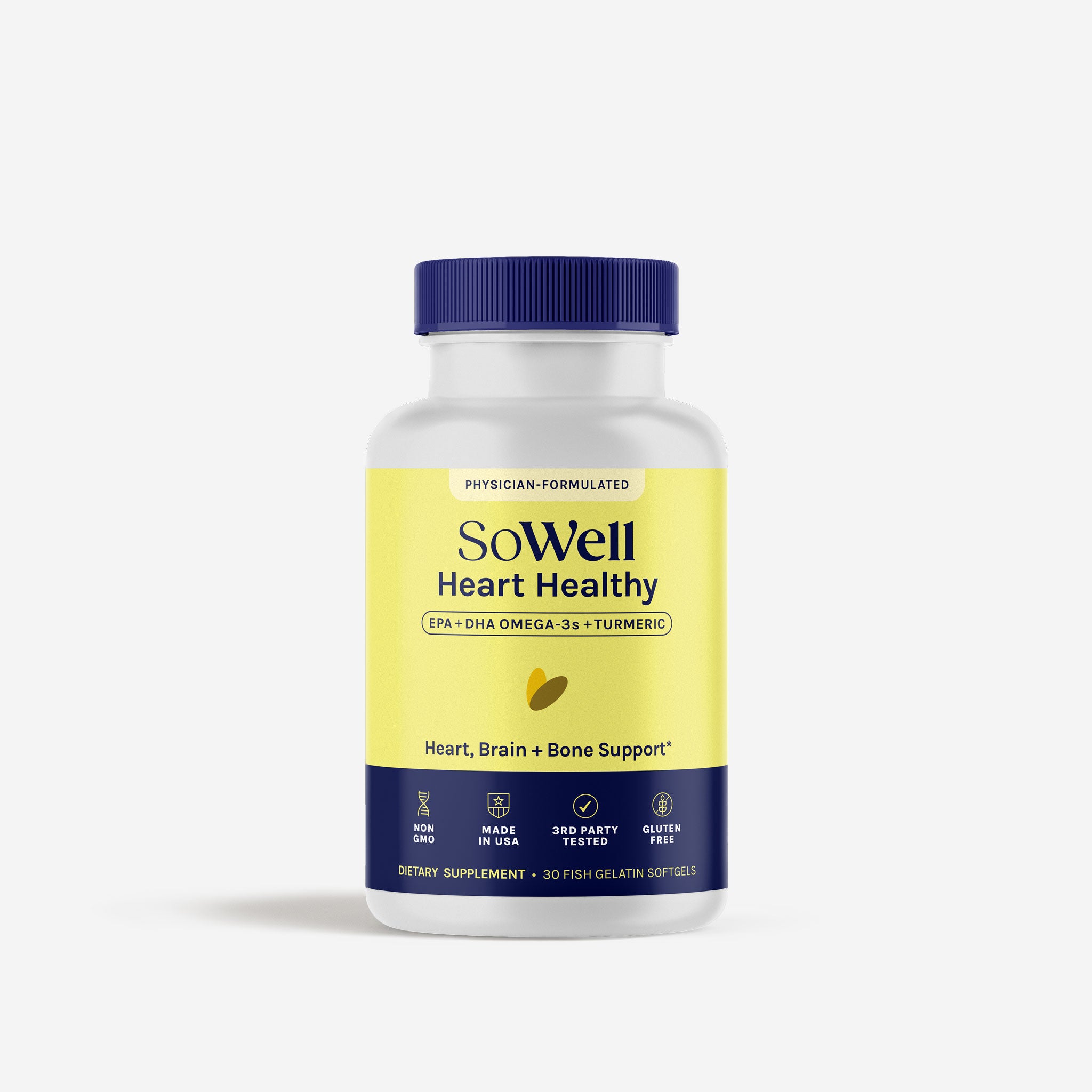
|
Quick links:
|
It’s Time to Act on What You Know!
90% of our customers find at least one lab marker that’s not where it should be for optimal health. And when more than one marker is out of balance, it can be hard to know what to focus on.
But don’t worry—that’s where your results put the power back into your hands.
First Things First, Talk to Your Doctor
While you can make DIY lifestyle changes based on your results, getting expert medical will make the world of difference in seeing a major difference and avoiding overwhelm.
If your labs indicate abnormal results, we recommend that your next step be to review the results with your medical team. Your doctor can help you prioritize your health goals and develop a plan for achieving them, especially when it comes to addressing thyroid issues, cholesterol, and B12 deficiencies.
Download the Doctor Discussion Guide here.
DIY Lifestyle Changes
Lab Marker: High HOMA-IR Score or Elevated A1C
HOMA-IR is an indicator of early insulin resistance which makes it difficult to lose weight. Balancing your blood sugar and making your cells more sensitive to insulin will help improve this lab marker.
- Increase protein and reduce carbs. Consider a lower-carb way of eating to allow your cells to become more sensitive to insulin.
- Walk after meals. Research shows that just two minutes of walking after meals can help lower blood sugar. For the biggest benefits, aim to walk for 60 minutes after eating.
- Supplement. Consider supplementing with ingredients like berberine, chromium, cinnamon, and inositol, which have been shown to have blood sugar-balancing effects.
- Consider GLP-1s. GLP-1 medications not only help with weight loss but also help improve blood sugar levels. If you need to lose weight and have elevated A1c or insulin resistance, GLP-1s can be highly effective.
Lab Marker: Cholesterol Abnormalities
When your lipids are out of balance, it’s a sign of poor metabolic health. If triglycerides or LDL is high, or HDL is low, here are some tips to consider:
- Eat heart-healthy meals. Focus on getting enough soluble fiber in your diet, reducing sugars, and limiting alcohol.
- Exercise regularly. Regular aerobic exercise, such as walking, biking, and swimming, is shown to improve lipid profiles.
- Supplement. The best supplements for improving cholesterol markers are fish oil, psyllium fiber, and coenzyme Q10.
- Talk to your doctor! Again, the best thing you can do about any lab abnormality is to discuss options with your doctor.
Lab Marker: Under Active Thyroid
Thyroid hormones are responsible for coordinating energy, growth, and metabolism in your body. When Thyroid Stimulating Hormone (TSH) is too high, it means your body is struggling to produce enough thyroid hormone for healthy function.
- Consider a sugar-free diet. Sugar is linked to inflammation, which can make your thyroid symptoms worse. Reducing simple carbs
- Eat more selenium-rich foods. Selenium is a trace mineral that plays a role in thyroid function. Foods like tuna, turkey, brazil nuts, and grass-fed beef are all good sources of this mineral!
- Supplement. Because poor gut health is linked to hypothyroidism, supplementing with probiotics may help improve thyroid function.
- Talk to your doctor. Hands down, the most effective remedy for hypothyroidism is medication. Work with your doctor to get your numbers back on track!
Lab Marker: Low B12
Vitamin B12 is crucial for red blood cell formation, neurological function, and DNA synthesis. A B12 deficiency can lead to fatigue, weakness, constipation, loss of appetite, and even neurological changes like numbness and tingling in the hands and feet.
-
Increase B12-rich foods. Incorporate more animal products into your diet such as beef, liver, chicken, fish, shellfish, dairy products, and eggs. For vegetarians and vegans, fortified foods like cereals, plant-based milk, and nutritional yeast can be good sources.
-
Consider supplements. If you’re deficient, diet alone likely will not be sufficient to get your vitamin B levels up to a healthy range, but a B12 or B Complex supplement can help.
-
Improve gut health. Since B12 absorption occurs in the gut, ensuring good digestive health can aid in better nutrient absorption. Probiotics and a diet rich in fiber can support gut health.
- Talk to your doctor. Regular check-ups and blood tests can help monitor B12 levels. Your doctor can recommend the best course of action based on your specific health needs.
Retest in 90 Days
Whether you get your labs re-checked with help from your doctor or retest using the Weight Biology Kit, the best way to monitor your health progress is with data! We think you’ll find seeing the numbers move in the right direction is extremely rewarding.
